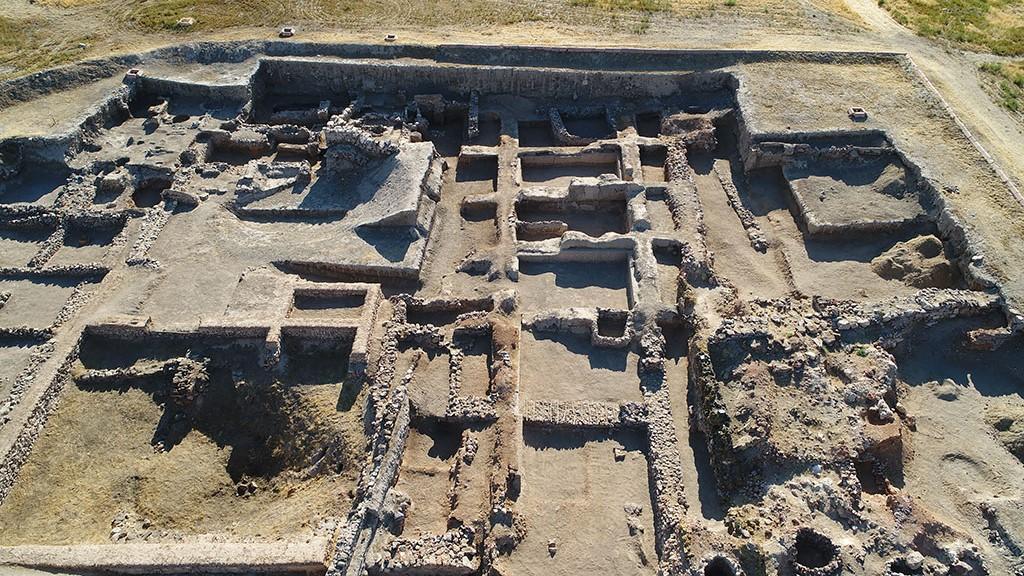
Türkiye's rich archaeological landscape holds critical clues to how past civilizations responded to climate challenges.
Harvey Weiss, a prominent professor of Near Eastern Archaeology at Yale University in the U.S., is leading a ground-breaking study at the ancient site of Kültepe, near the central Anatolian province of Kayseri, to explore the adaptive strategies of ancient societies in the face of environmental shifts.
Located 20 kilometers away from Kayseri, Kültepe is a vast archaeological site spanning 300 hectares (741 acres). Consisting of the mound and the karum surrounding it, which is the remains of the first city founded by the Hittites in Anatolia, the Kültepe ruins are home to administrative buildings, religious buildings, houses, shops and workshop ruins.
The excavations, led by Fikri Kulakoğlu from Ankara University, have brought to light significant evidence about how the region’s inhabitants lived and adapted thousands of years ago.
Weiss, renowned for his research on the Akkadian Empire's collapse from severe drought, has joined the excavation team to delve into the ancient society's response to climate change.
The research aims to find "the way in which Kültepe and its society adapted to abrupt climate change 4,200 years ago," he said.
It is very important for the history of the world, the Near East and Türkiye to understand how societies in big cities, such as Kültepe, adapted to the significant climate change 4,200 years ago, Weiss said.
Weiss’ research revealed that 4,200 years ago, large structures were reduced to ashes, only to be replaced by smaller, more modest dwellings. The transformation, Weiss believes, was likely driven by climatic changes that forced inhabitants to rethink their living conditions and agricultural practices.
At the end of the research, "we would be able to analyze seeds collected from the floors of buildings. The analyzed seeds provide dates and rainfall conditions at the time those plants were growing," he said.
The analysis is also expected to shed light on the resilience of Kultepe’s inhabitants and their ability to adapt to environmental pressures, he added.
The work at Kultepe also draws parallels with his previous studies in Syria and Iraq near the Turkish border, where he revealed climate events significantly affected the Akkadian Empire.
The empire, which controlled vast agricultural territories, including parts of central Anatolia, relied heavily on consistent rainfall for survival.
“Abrupt climate change reduced the rainfall for rain-fed agriculture and affected Mesopotamia and Anatolia,” he noted.
As Weiss continues to uncover the secrets of Kültepe, he emphasized its importance in understanding not only the history of the region but also of Türkiye.
"When I came to Kültepe, I immediately understood that you can’t understand the history of Anatolia without understanding the history of Kültepe," he said.